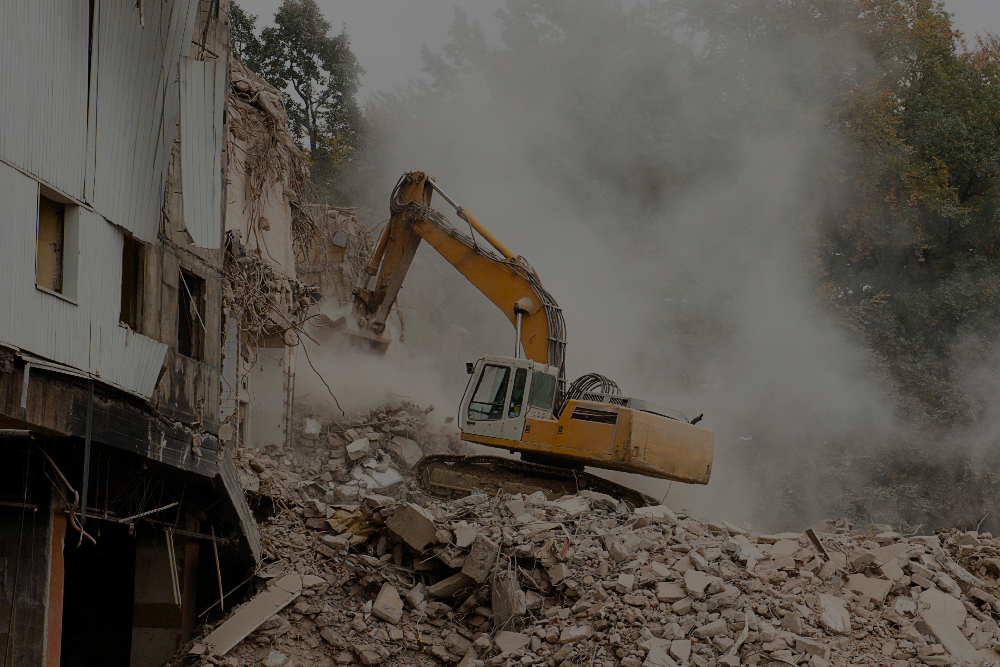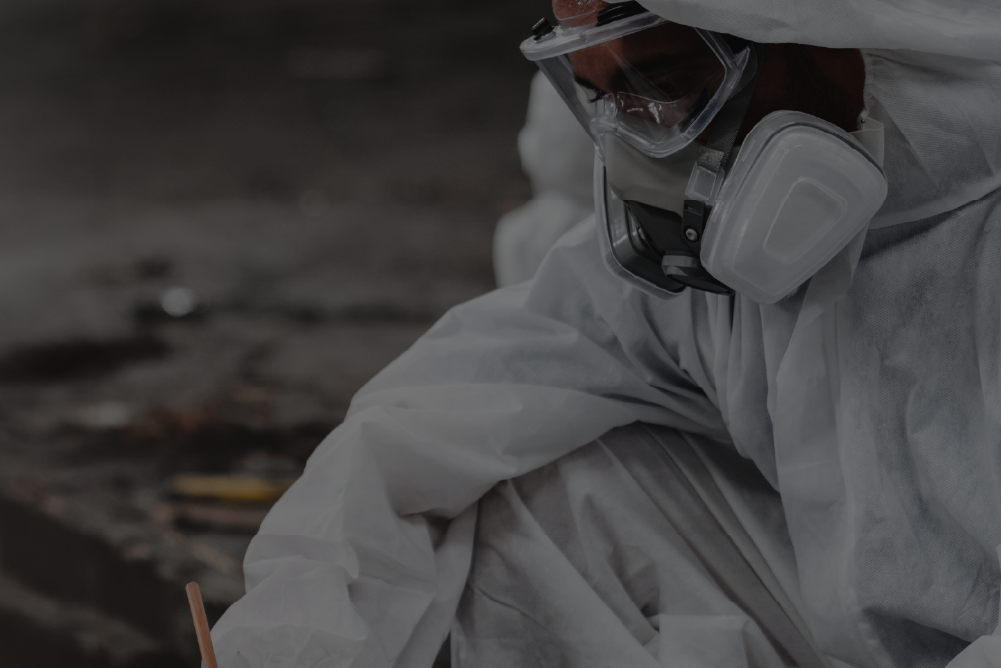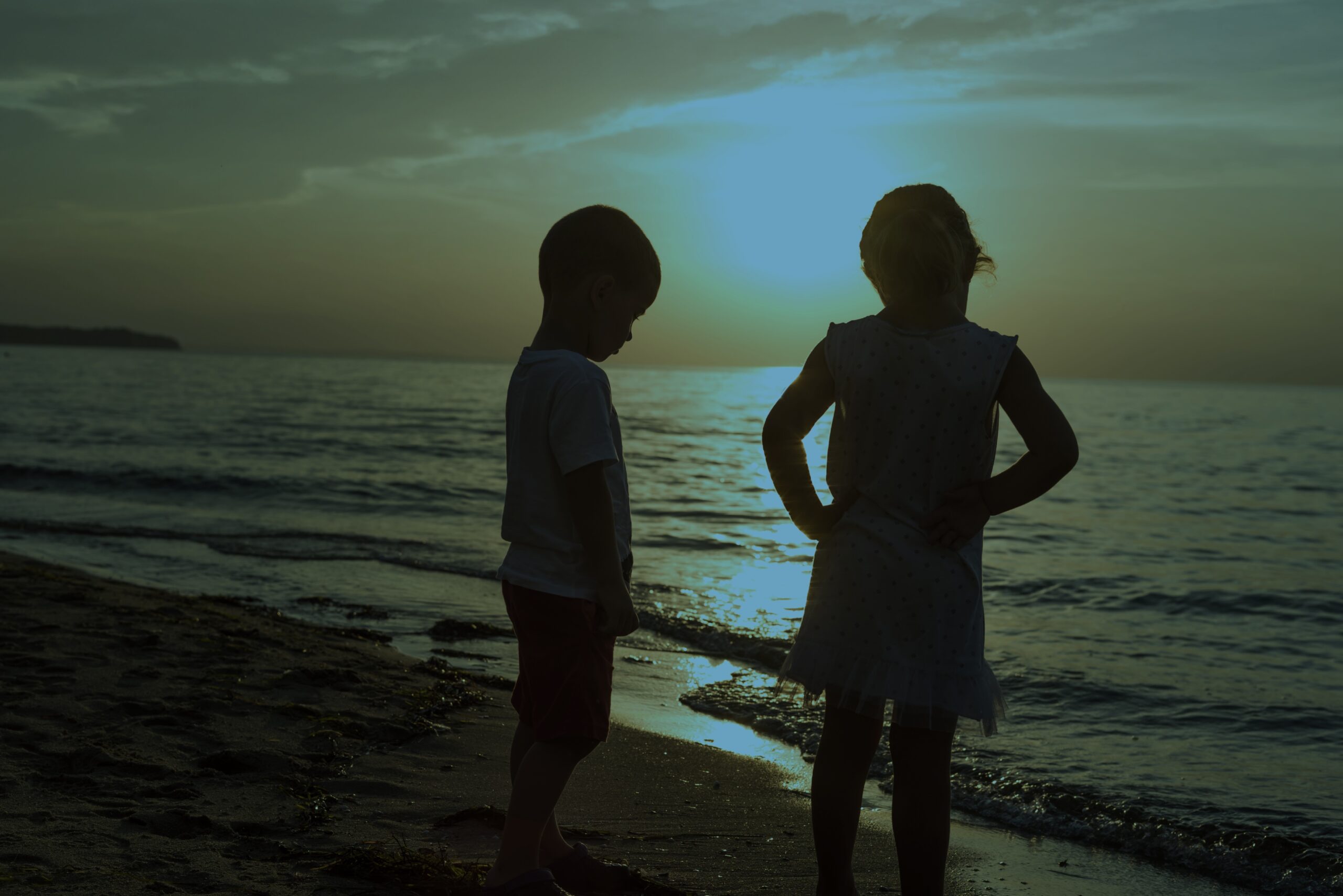Chlorpyrifos causes brain damage in developing fetuses, but this state took a bold stance against it.
On June 13, 2018, Hawai‘ian governor, David Ige, signed new legislation that phases out the use of chlorpyrifos and increases regulation on other restricted use pesticides. Chlorpyrifos is known to cause brain damage in developing fetuses and children. There is no safe level of exposure for children.
Hawai‘i Senate Bill 3095 (SB3095) includes the following:
- Beginning, January 1, 2019, all users of restricted use pesticides are required to report on their use of restricted use pesticides to the Department of Agriculture (DOA);
- Restricted use pesticides are prohibited for use on or within 100 feet of a school during school hours;
- Pesticides containing chlorpyrifos as an active ingredient are prohibited; and
- The DOA must develop a pesticide drift monitoring study no later than July 1, 2019.
See the original article below.
June 11, 2018
If signed by Gov. Ige, the new law will take effect in July 2018 with a complete ban on chlorpyrifos by January 2019.
In a sweeping action, the Hawai‘i state legislature moved to completely ban all pesticides that contain a chemical known to cause birth defects. Currently awaiting signature by Governor David Ige, the bill also creates usage, reporting, and location requirements for agricultural businesses that utilize 35 or more pounds or gallons of restricted-use pesticides in a year. The bill includes the following proposals:
- Restricted-use pesticide users must report the substance used, the amount, and location
- A buffer zone within 100 feet of school properties
- A complete ban on all pesticides that contain chlorpyrifos
The Dangers in Chlorpyrifos
Chlorpyrifos is a chemical component of pesticides that is widely used in commercial farming because it is cheap to make. Pesticides that contain neurotoxins such as chlorpyrifos are known to cause birth defects in unborn children when their parents are exposed. As such, hundreds of Hawai‘ian residents wrote to the state House to voice their support for the bill in a form letter stating, “we need mandatory disclosure and notification, along with pilot programs for buffer zones and drift studies around schools,” according to a report by the Hawai‘i Tribune-Herald.
The letter signed by residents states that “additional studies on pesticide drift are meaningless without knowledge of what pesticides were and are being applied.” This only goes to amplify the importance of full disclosure regarding the pesticides sprayed. When the wind blows these toxic pesticides, people nearby are in danger of direct exposure. Furthermore, the American Academy of Pediatrics states that there is evidence of an association between early exposure to pesticides and a number of adverse effects, including cancers, as well as decreased cognitive function and birth defects.
As of May 3, the Senate and the House both passed SB 3095 and it has been enrolled to Hawai‘i’s Governor David Ige for signature. If signed into law, it will go into effect on January 1, 2019, making Hawai‘i the first state in the country to ban chlorpyrifos.






